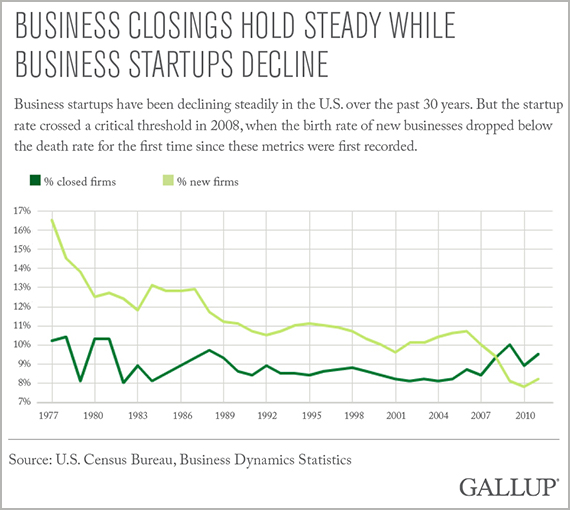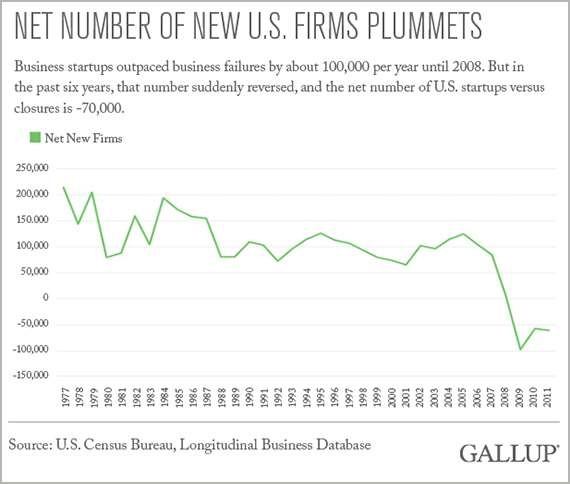From Jesse's Cafe:
One thing that is striking about the modern life is how unfashionable it has become to strive towards what used to be called gentlemanly behaviour. Perhaps civility might be a more appropriate label, since gentlemanly tends to invoke an image of the well-to-do, well-dressed, and aloof. Although civility itself is too often cold, a dissembling of rudeness through an overuse of politeness, and politeness often a custom or outward mannerism.
Then let us just say a definition of the virtuous life is one that embraces knowledge, kindness, and tolerance, a humanity fueled not merely by sentiment or a disposition of character, but by reason coupled with a moral sentiment and an abiding regard for others.
It is at heart a question of 'what does it mean to be human?' Not so much what can I do, but what ought I to do? And how do I define or describe ought? And how ought I treat others? Or is it better to define myself by the limits of my own will? Is that what it means to be truly human?
This is fairly basic coming of age stuff, but not so much in a time of the permanently and obsessively adolescent. In a society that worships the self, power is the coin of the realm, where power is to be found in asserting one's own will over others.
And beyond all doubt, kindness and tolerance are to be despised as undermining, weakening the will to power. In power is to be found the definition of all truth, for it dictates all, and does not bend a knee to any other reality but its own interpretation. Might makes right is written large on the tableau of empire.
Even in such a matter as a most terrible and unjust assault committed on those who may have offended uneducated minds, those who rightly rise to the defense of freedom and tolerance, which as a society we should, can do so in the most intolerant, hateful, and unreasonable of manners.
And in doing so they may think themselves virtuous and wise. They attack others with the heavy-handed zealousness of the worst true believers whom they despise, when what they believe is only in their own imagined superiority of belief or unbelief, or color or manner or lifestyle, which is demonstrably the vainest of idols.
So they can say that since these perpetrators were religious in the most extreme sense of their motivation, 'all religion is deserving of insults and disrespect' because it is wrong, and demean and dehumanize all those who think differently than themselves.
They see themselves as not in the least selective or extreme, but are free to insult and disrespect others by abusing their freedom, which in itself may be no real fault. Comedy at its most basic level can often be some abuse of convention or reason, that which shocks our expectations without undue harm.
But then they seem to imagine themselves superior to the worst of those whom they despise, who may act overtly on their similar intolerance and hatred of others. And so they become unfunny, hypocrites and bullies.
It is the very hallmark of a smugly self-absorbed mind to commit the same offense as another, while seeking to call out the faults of the other with the fists of their words, and think themselves virtuous and justified because in the kingdom of their own mind 'they deserve it.'
How then are they different from the undereducated and oppressed who in their own ignorance and relative powerlessness resort to violence? It is like the white collar criminal who thinks themselves morally justified and blameless because they use the pen and the bribe and perversion of justice to steal, rather than the knife or the club.
If there is anything to be learned from all this, it is that we are all capable of enormous hypocrisies and evil, if we think ourselves to be perfect and without fault because we are more than the ordinary human by our superior nature, rising in our own esteem by knocking others flat.
When it is not just a pathological sickness, this is the most deadly of errors, the first fault of pride, and from it flows a cornucopia of all other injustice and abuses. In rationalizing ourselves by dehumanizing others, we can therein comfortably become monsters. And some do.
"It is almost a definition of a gentleman to say he is one who never inflicts pain. This description is both refined and, as far as it goes, accurate...
...his great concern being to make every one at their ease and at home. He has his eyes on all his company; he is tender towards the bashful, gentle towards the distant, and merciful towards the absurd; he can recollect to whom he is speaking; he guards against unseasonable allusions, or topics which may irritate; he is seldom prominent in conversation, and never wearisome.
He makes light of favours while he does them, and seems to be receiving when he is conferring. He never speaks of himself except when compelled, never defends himself by a mere retort, he has no ears for slander or gossip, is scrupulous in imputing motives to those who interfere with him, and interprets every thing for the best. He is never mean or little in his disputes, never takes unfair advantage, never mistakes personalities or sharp sayings for arguments, or insinuates evil which he dare not say out...
If he engages in controversy of any kind, his disciplined intellect preserves him from the blundering discourtesy of better, perhaps, but less educated minds; who, like blunt weapons, tear and hack instead of cutting clean, who mistake the point in argument, waste their strength on trifles, misconceive their adversary, and leave the question more involved than they find it. He may be right or wrong in his opinion, but he is too clear-headed to be unjust; he is as simple as he is forcible, and as brief as he is decisive.
Nowhere shall we find greater candour, consideration, indulgence: he throws himself into the minds of his opponents, he accounts for their mistakes. He knows the weakness of human reason as well as its strength, its province and its limits. If he be an unbeliever, he will be too profound and large-minded to ridicule religion or to act against it; he is too wise to be a dogmatist or fanatic in his infidelity.
He respects piety and devotion; he even supports institutions as venerable, beautiful, or useful, to which he does not assent; he honours the ministers of religion, and it contents him to decline its mysteries without assailing or denouncing them. He is a friend of religious toleration..."
John Henry Newman
http://jessescrossroadscafe.blogspot.kr/2015/01/a-virtuous-life-is-found-in-kindness.html




















